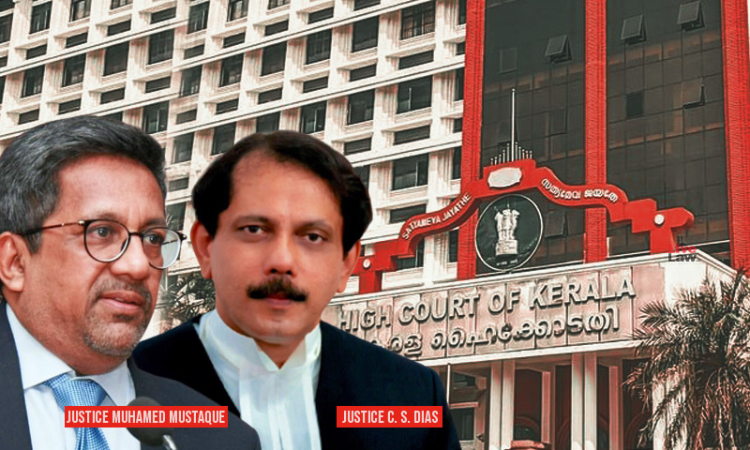Islamic Law Recognizes Muslim Woman's Right To Demand Divorce, Husband's Consent Not Essential: Kerala High Court
Athira Prasad
1 Nov 2022 10:56 AM IST

Next Story
1 Nov 2022 10:56 AM IST
Observing that Islamic law recognises a Muslim woman's right to demand termination of marriage, the Kerala High Court has ruled that the will of the wife cannot be "related to the will of the husband" who may not be agreeing to the divorce.Dismissing a review petition against a judgment wherein the court had recognized a Muslim woman's right to resort to Khula, the division bench of Justice...
